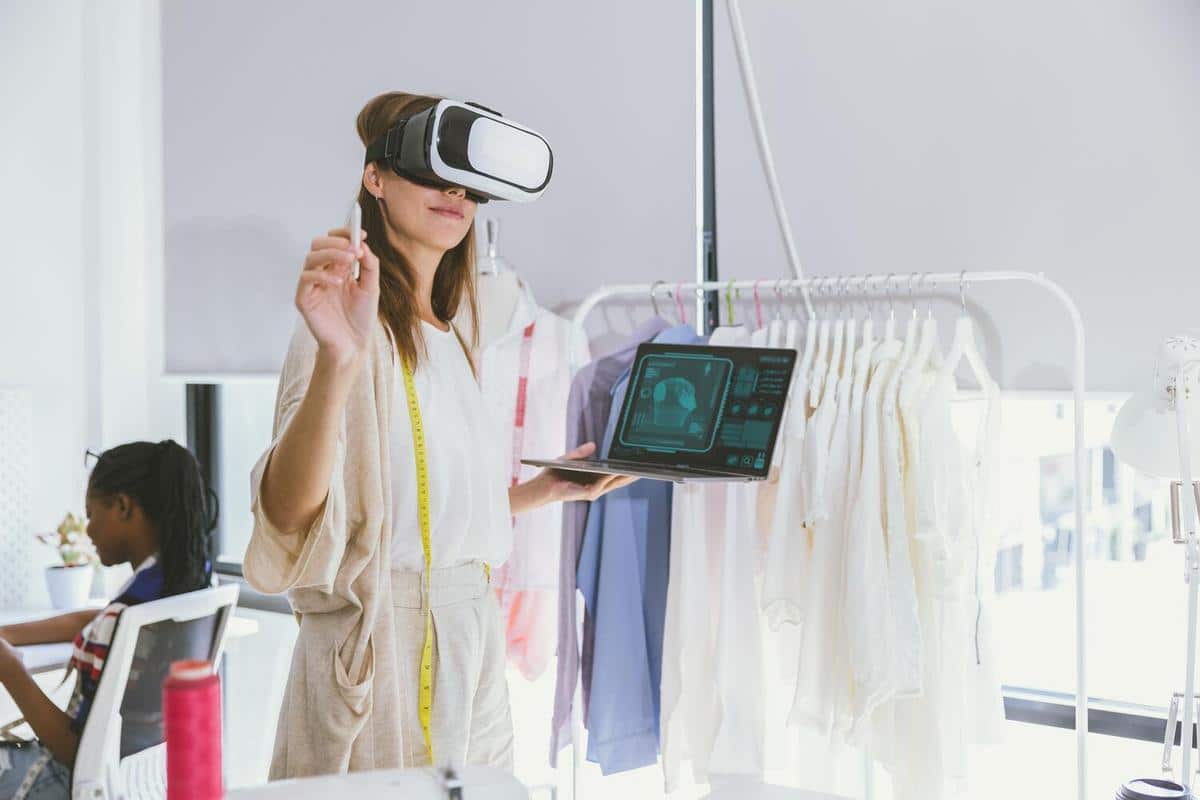
Impact of Artificial Intelligence on Fashion Design and Marketing
The fashion industry, known for its creativity and innovation, is undergoing a transformative shift with the integration of artificial intelligence (AI). This technology is not only streamlining design processes but also revolutionizing marketing strategies, offering unprecedented opportunities for brands to connect with their audiences in new and exciting ways.
Artificial intelligence is making waves across various industries, and fashion is no exception. By integrating AI, fashion designers can now leverage technology to enhance their creative processes, while marketers are finding innovative ways to engage consumers. But what does this mean for the future of fashion?
The Role of AI in Fashion Design
AI has the potential to revolutionize how fashion is designed. Designers are using AI-driven platforms to analyze past trends and predict future ones. According to a report by McKinsey, nearly 30% of global fashion companies are expected to integrate AI into their design processes over the next few years. These tools allow designers to create unique patterns and styles by analyzing data from a variety of sources, including social media and fashion shows.
Expert Insights
Fashion technology expert, Lisa Lang, suggests that AI is not here to replace designers but to augment their capabilities. “AI provides designers with a new set of tools to express their creativity,” she says. This sentiment is echoed by many in the industry who see AI as a collaborator rather than a competitor.
AI in Fashion Marketing
On the marketing front, AI is being used to personalize shopping experiences. AI algorithms analyze consumer behavior and preferences, allowing brands to tailor their marketing strategies more effectively. A study by Business of Fashion found that AI can increase conversion rates by up to 30% when used in marketing campaigns.
Case Study: Personalized Marketing
Take, for example, a fashion retailer that uses AI to analyze customer purchase history and browsing behavior. They can then offer personalized recommendations, leading to a more engaging and satisfying shopping experience. This level of personalization is becoming increasingly important in a market where consumers expect more from their interactions with brands.
Actionable Tips for Integrating AI
- Start small by implementing AI tools that can analyze consumer data and provide insights into purchasing behavior.
- Collaborate with AI experts to explore how AI can be integrated into your design process.
- Invest in AI-driven marketing platforms to enhance personalization and customer engagement.
Pro Tip: Consider incorporating AI tools that can simulate fabric texture and fit in virtual prototypes, reducing waste and speeding up the design process.
Comparison: Traditional vs. AI-Driven Fashion
| Aspect | Traditional Fashion | AI-Driven Fashion |
|---|---|---|
| Design Process | Manual and time-consuming | Data-driven and efficient |
| Trend Analysis | Based on manual research | Predictive analytics |
| Marketing | Mass marketing strategies | Personalized and targeted |
| Consumer Engagement | Limited interaction | Enhanced through personalization |
| Inventory Management | Reactive | Predictive and proactive |
| Cost Efficiency | Higher production costs | Optimized resource use |
| Environmental Impact | Higher waste | Reduced waste through better forecasting |
| Speed to Market | Slower | Faster due to automation |
Frequently Asked Questions
How is AI changing fashion design?
AI is enabling designers to analyze trends, automate repetitive tasks, and enhance creativity through data-driven insights.
Can AI replace human designers?
No, AI is designed to complement and enhance human creativity, not replace it.
What are the benefits of AI in fashion marketing?
AI allows for personalized marketing, improved customer engagement, and more efficient use of marketing resources.
Is AI technology accessible to small fashion brands?
Yes, there are scalable AI solutions available that cater to businesses of all sizes, making it accessible for smaller brands.
In conclusion, the impact of AI on fashion design and marketing is profound. By enhancing creativity and enabling personalized consumer interactions, AI is shaping the future of the fashion industry. As technology continues to evolve, fashion brands that embrace AI will likely find themselves at the forefront of innovation and consumer engagement. Consider exploring AI tools and platforms that can help your brand stay competitive in this rapidly changing landscape.


